1. Thomas Jefferson: “I advance it therefore as a suspicion only, that the blacks… are inferior to the whites in the endowments both of body and mind.”

This one stings coming from the guy who penned “all men are created equal.” In his 1785 book Notes on the State of Virginia, Jefferson speculated openly about the intellectual and physical inferiority of Black people, Nicholas E. Magnis explains in a journal article for the University of Texas at Dallas. He dressed it up as a “suspicion,” but the implication was clear and has been widely criticized as racist pseudoscience. Today, this quote would absolutely torpedo a public career—cancelled, no question.
It also casts a shadow on his legacy, considering he enslaved over 600 people in his lifetime and fathered children with one of them, Sally Hemings, who was herself enslaved. The contradiction between his lofty ideals and his personal beliefs has fueled endless debates. In modern terms, this would be a PR disaster. And rightly so.
2. Benjamin Franklin: “Why increase the Sons of Africa… by planting them in America, where we have so fair an opportunity, by excluding all Blacks and Tawneys, of increasing the lovely White and Red?”

In a 1751 essay titled “Observations Concerning the Increase of Mankind,” Franklin made a case against the immigration of non-white people, framing it as a threat to America’s “whiteness.” He wasn’t shy about his preference for Europeans—especially the “lovely” whites—and his disdain for Africans and others he called “tawneys” (a slur for people of color), Catherine Rampell of The Washington Post explains. It’s an ugly moment from a man often praised for being progressive in other areas.
Ironically, Franklin did become an abolitionist later in life, but this early quote reflects views that were deeply rooted in colonial white supremacy. If someone said this today, they’d be trending on X (formerly Twitter) with hashtags you don’t want attached to your name. This quote would burn bridges fast in today’s social climate. No amount of kite-flying would save him.
3. John Adams: “I will insist that the Hebrews have done more to civilize man than any other nation.”
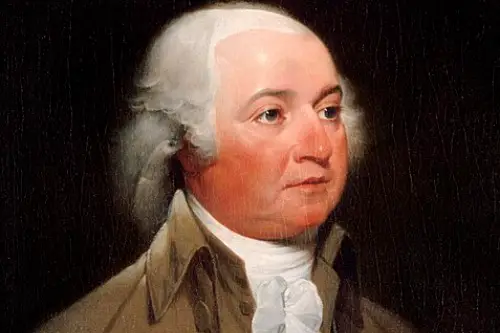
At first glance, this might seem like a harmless compliment. But Adams’ words in an 1809 letter to Thomas Jefferson reflect a broader 18th-century view of civilization that often implied superiority of some cultures over others. Praising one group for “civilizing” the world implies others were uncivilized savages—a mindset that’s been rightly critiqued for its colonial and ethnocentric roots.
Today, this kind of “civilizing” language is frowned upon because it’s steeped in imperialist thinking. It assumes a hierarchy of cultures, with Western or Abrahamic traditions on top. Modern discourse leans toward cultural relativism and mutual respect, not rankings. This kind of quote wouldn’t go over well in today’s DEI seminars.
4. George Washington: “I can only say that there is not a man living who wishes more sincerely than I do to see a plan adopted for the abolition of slavery… But there is only one proper and effectual mode by which it can be accomplished, and that is by legislative authority.”
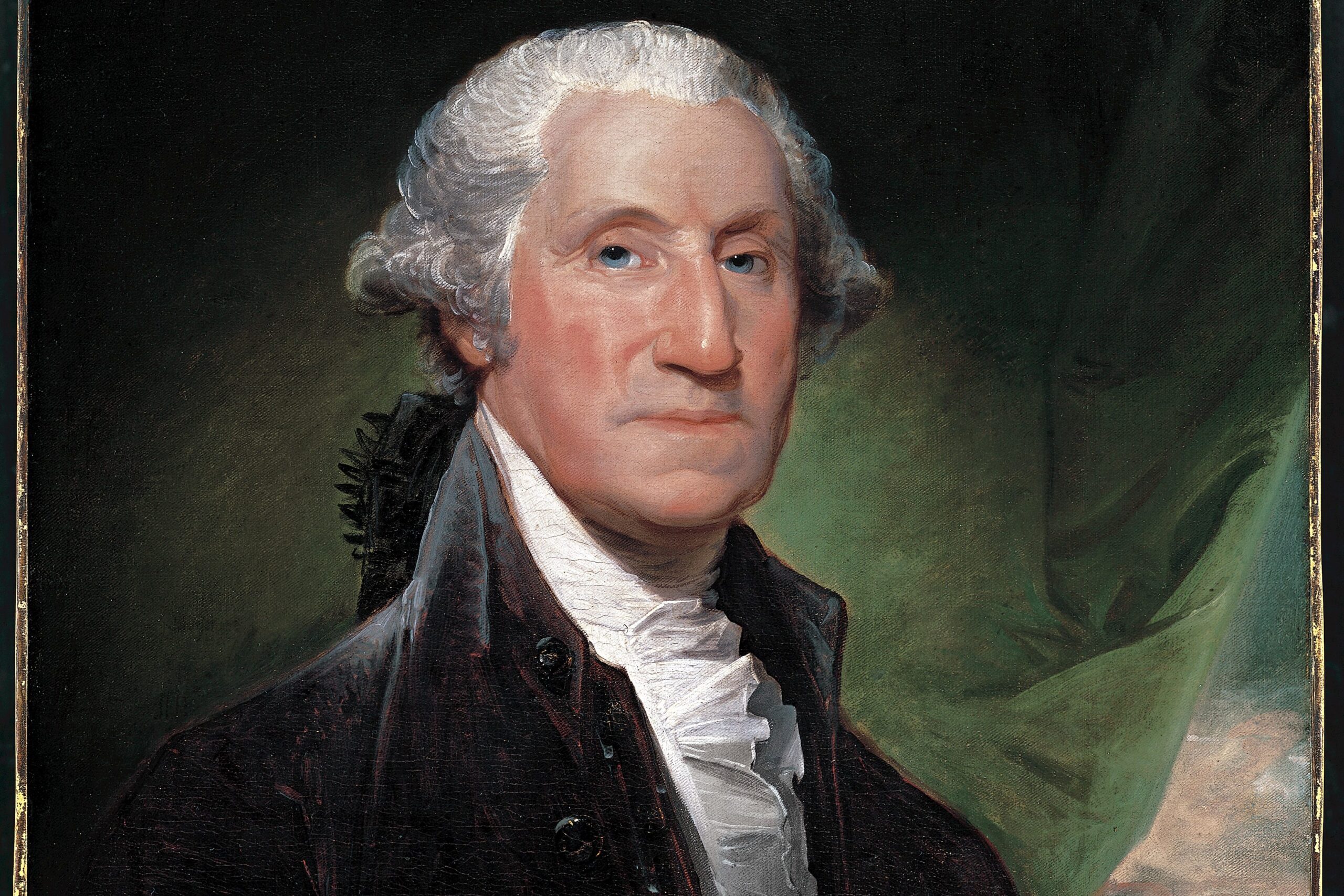
Washington said this in a letter in 1786, which sounds decent—until you remember he personally enslaved hundreds of people and did not free them during his lifetime. His estate did eventually free some of them, but only after his death, and even then it was conditional, according to Gabe Cohen of WUSA9. While he talked a good game about abolition, his actions didn’t exactly follow through.
In today’s world, this kind of hypocrisy would be absolutely brutalized on social media. “Say one thing, do another” is basically cancel-culture fuel. People would rightly question his sincerity and his motives. Actions speak louder than letters, George.
5. Patrick Henry: “I am drawn along by the general inconvenience of living without them. I will not—I cannot justify it, however culpable my conduct.”
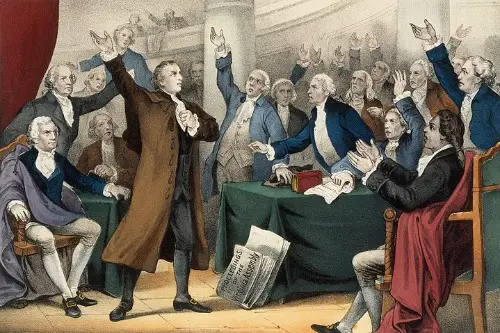
Patrick Henry, the guy who famously declared “Give me liberty or give me death,” admitted in 1773 that he couldn’t live without enslaved people—even as he acknowledged it was wrong, a famous letter of his published in The New York Times reveals. The contradiction is staggering. He knew slavery was morally indefensible but chose convenience and personal benefit over principle.
That kind of self-serving confession wouldn’t fly today. Imagine a politician saying, “Yeah, I know this is unjust, but I really like the lifestyle it gives me.” It’s tone-deaf and reeks of entitlement. A quote like this would lead to instant cancellation—and rightly so.
6. Thomas Jefferson (again): “The two sexes… are distributed into different departments, each destined for the peculiar functions in life.”

Jefferson really couldn’t help himself when it came to outdated ideas. This quote reflects his belief that women were naturally suited to domestic life, while public and political affairs belonged to men. It’s a textbook example of the “separate spheres” ideology that underpinned systemic gender inequality for centuries.
Today, this would be blasted as sexist and regressive. Suggesting that biology determines societal role isn’t just scientifically shaky—it’s socially unacceptable. A statement like this would spark immediate backlash from feminist groups and beyond. Sorry, Tom—women are more than homemakers.
7. John Jay: “It is much to be wished that slavery may be abolished. The honor of the States, as well as justice and humanity, in my opinion, loudly call upon them to emancipate these unhappy people. Yet I am aware that in some of the States, the abolition of slavery must be a work of time.”
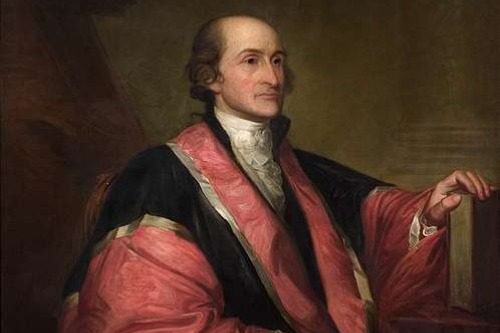
John Jay was one of the founders who vocally opposed slavery—but he still enslaved people until at least 1798. His quote is from the 1780s and reflects that classic “I agree with abolition in theory, but let’s not be hasty” sentiment. It’s a slow-walking tactic that, while common then, reads today as a cowardly avoidance of moral responsibility.
Saying something needs to change “eventually” while benefiting from the system in the meantime is classic performative allyship. In the age of social justice movements, words without immediate action ring hollow. Jay might get some points for intent, but this kind of delay would not be tolerated now. Especially not from someone in power.
8. Alexander Hamilton: “I have not the least doubt that the Negroes will make very excellent soldiers, with proper management.”
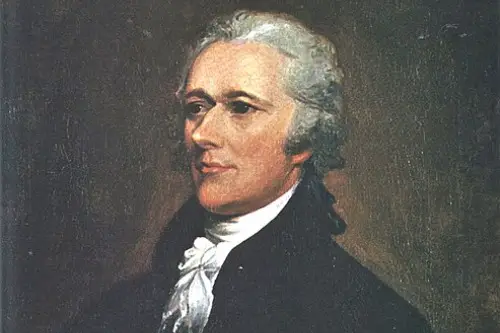
Hamilton was an abolitionist in the broader sense, but he still spoke about Black soldiers in a very paternalistic, condescending way. His quote implies that Black people couldn’t excel on their own but could be made useful with enough “proper management.” That kind of language is steeped in white saviorism.
Even though Hamilton’s views were progressive for the time, this kind of framing would not age well. Today, it’s the tone and subtext that matter just as much as the overt message. Treating people as projects instead of equals? That’s a no-go.
9. James Madison: “Great as the evil is, a dismemberment of the Union would be worse.”

Madison said this in the context of slavery, essentially arguing that preserving the Union was more important than immediately ending slavery. He acknowledged it was evil—but prioritized political unity over justice. That “necessary evil” mindset enabled slavery to persist for decades.
Imagine a leader today saying, “Yes, this is wrong, but let’s not rock the boat too much.” That kind of political pragmatism would be seen as moral cowardice now. Today’s audiences expect principled stances on human rights—not excuses.
10. Gouverneur Morris: “There never was, nor ever will be a civilized Society without an Aristocracy.”
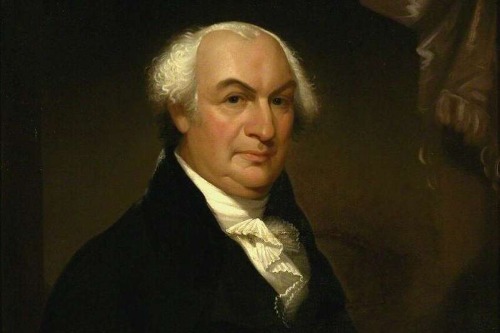
Morris, one of the lesser-known founders, helped draft the Constitution but had a pretty elitist streak. This quote shows he believed that a class of elite, presumably wealthy, citizens was essential to a functioning society. In today’s world, this smacks of classism and anti-democratic thinking.
Saying the quiet part out loud about favoring the elite over egalitarianism? That would be career-ending for most modern politicians. The populist outcry would be swift and merciless. The internet does not love aristocrats.
11. Thomas Paine: “A share in the sovereignty of the state, which is the right of every citizen… is not a right annexed to every member of a society.”
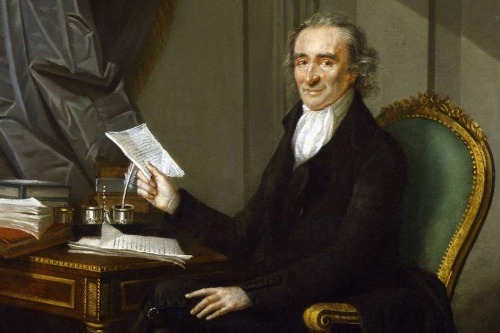
Thomas Paine, often hailed as the most radical of the Founders, made this rather exclusionary statement in his 1791 work Rights of Man. He argued that not everyone deserved political rights—only those who met certain criteria. That sort of gatekeeping contradicts the modern democratic ideal of universal suffrage.
Imagine a candidate today saying, “Not everyone should have the right to vote.” It would be political suicide. Voter suppression is already a hot-button issue—this kind of rhetoric would light a firestorm.
12. George Washington (again): “Make the most you can of the Indian trade and get what you can for them.”
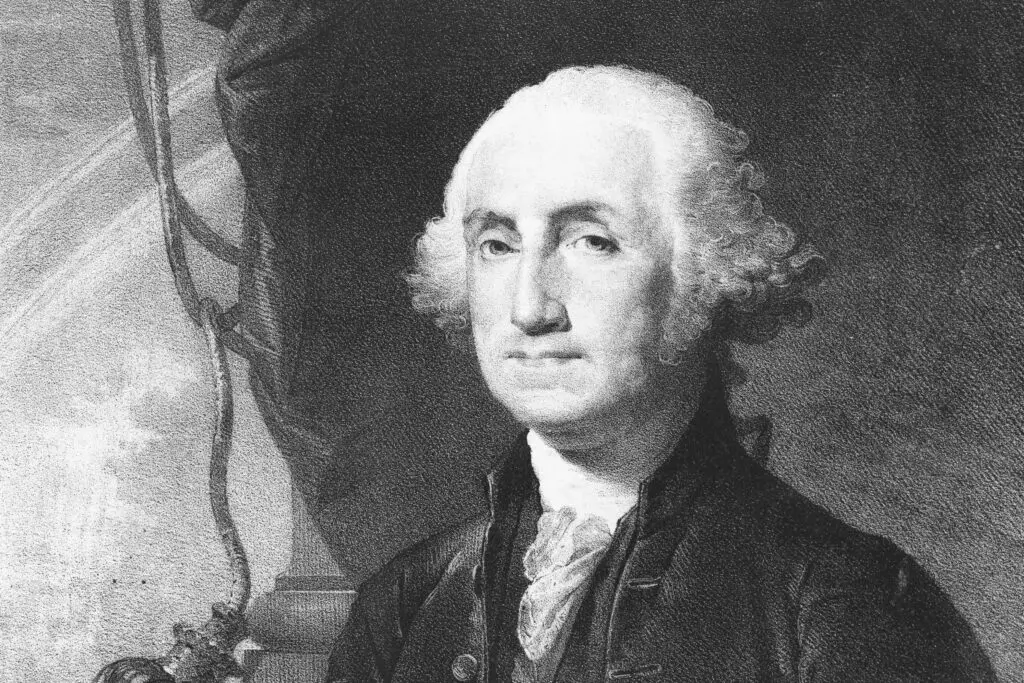
This quote comes from a letter Washington wrote regarding trade with Native American tribes. It suggests a transactional, almost exploitative view of Indigenous peoples. While common at the time, this quote reflects a deeply colonial mindset—treating Native Americans more like resources than sovereign nations.
In today’s climate, especially with increased awareness of Indigenous rights and reparative justice, this attitude would be seen as dehumanizing. Leaders are now expected to acknowledge and respect Native sovereignty, not treat tribes like business opportunities. Washington’s legacy would definitely take a hit over this.


